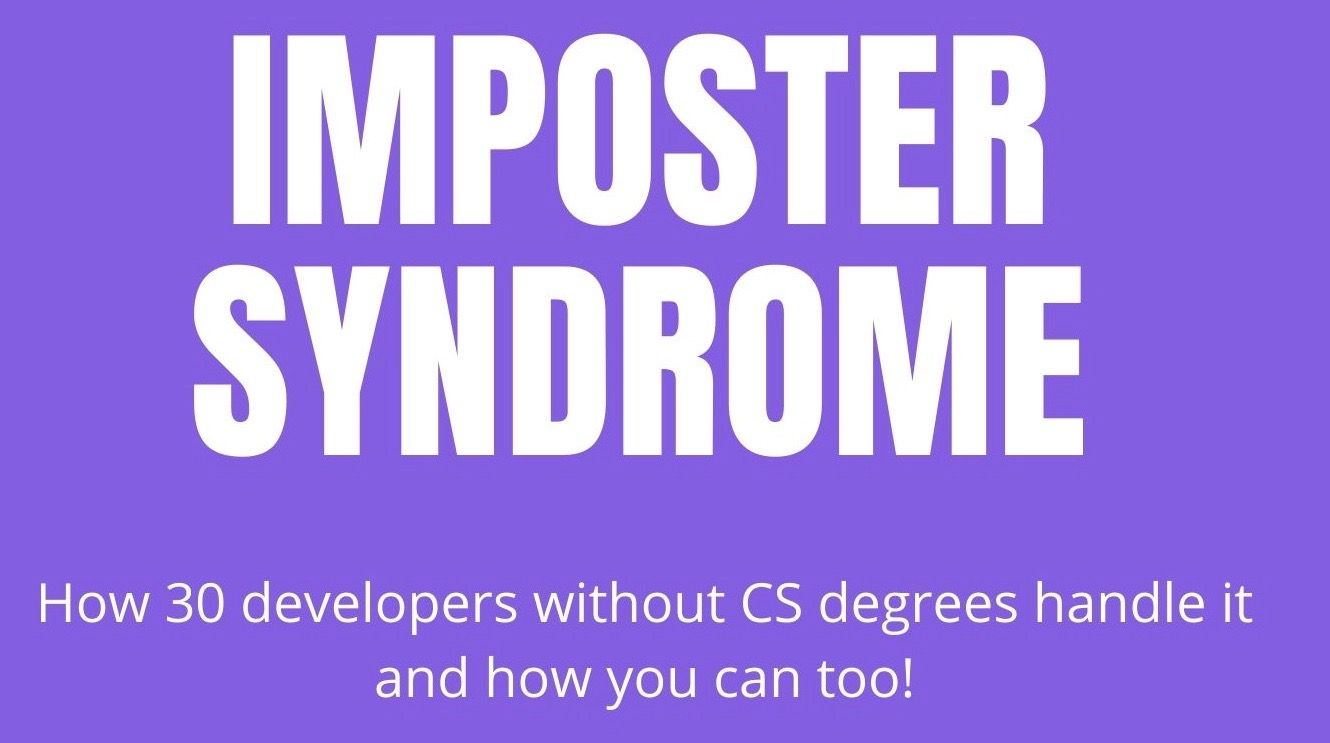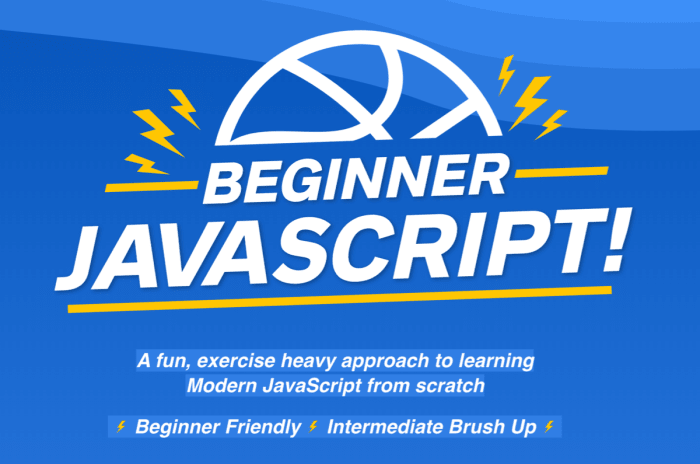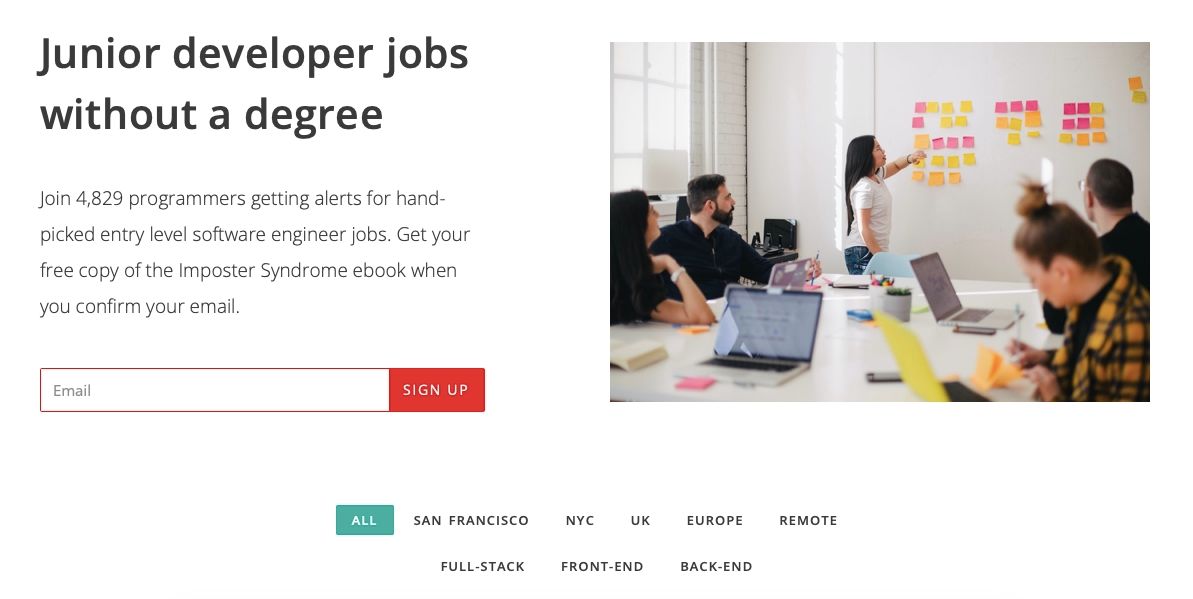Lex shares his tips for learning to code in this exclusive interview. He never saw himself as a developer. But he couldn't find a technical founder for his business ideas. So he got over his imposter syndrome and got learning! Read his tips for learning to code and getting a software engineer job without a Computer Science degree.

Hey, so can introduce yourself?
Hey everyone! My name is Lex Alexander and I live in Los Angeles, California. I’m currently doing freelance work and working on my side projects. I got into tech back in 2014. I decided to get into software development because I had spent years trying to find some magical developer who would build out business ideas of mine.
I’d pitch to college students, go to hackathons, and even put up flyers at schools to try to find a technical co-founder who I could partner with. My pitch was the typical “I’ll handle the business side and you handle the technical side, and we’ll be on the cover of Forbes one day”.
For the longest, I believed that coding wasn’t cool, that I couldn’t do it, and was too dumb for it, but I had an end goal in mind and I’d do whatever it took to achieve that goal. In 2014 I got my first job in the industry and I’ve been doing it ever since. When I’m not coding for work, then I’m contributing to open source in the developer tools space.
Have you ever had imposter syndrome and if so, how have you dealt with it?
I probably have the worst imposter syndrome of anyone I know. I often hate all my code. I’ve contributed to some of the largest open-source packages in the Javascript ecosystem like Webpack and Parcel, but I still feel like I don’t know what I’m doing and second guess my code/opinions on things and will go through multiple rewrites of code because I think it sucks.
In my first year of programming, I compiled a list of articles, interviews, and blog posts with famous developers discussing how to get better at programming because I could not personally see a future where I could actually be good at programming. I’d often re-read the blog posts or interviews and would remind myself that programming is a marathon, not a sprint. Moreover, I learned to look at how far I’ve come instead of how far I need to go and try to remind myself that I’m making the best technical decision with the knowledge I have at hand.
What does a typical day as a software developer look like for you?
Currently, we’re still in the COVID-19 pandemic, so my day is similar to many people around the world. I start my day around 9-10am and either work on previously uncompleted tasks or start a new one and review the other developers work. If I get stuck or need another set of eyes on a problem, then I’ll ask for it.
How did you learn to code without a CS degree?
I went to a coding bootcamp. It was General Assembly’s coding bootcamp program called Web Development Immersive(WDI). At the time, the program was primarily project based and taught you the basics of creating a website using Ruby on Rails, Javascript, CSS, and Git.
How did you get your first programming job?
I was lucky when I got my first job. General Assembly held a meet and greet for their students and local companies that allowed us to showcase our work. There were two individuals from a company called El Clasificado at the time that liked my work and background and invited me out for an interview. The interview was relatively easy compared to any other interview I’ve done. It was a meeting with the CEO and company executives where I explained my background and work history. They hired me shortly after the interview.
What advice do you have for someone who wants to get their first programming job without a CS degree?
If you’re just starting out and have zero programming knowledge, then I’d recommend checking out FreeCodeCamp and finding a simple project to build and continue building things until you have a portfolio of work to show to a potential employer. Also, understand that this entire field is more of a test of emotional strength than it is of intellectual ability. Most people think you need to be a savant or genius to program, but that’s the furthest from the truth.
The best and worst part about programming is the ability to see success and failure within seconds. You have to be comfortable with failing over and over and over again until you succeed. If you’re willing to fail, continuously get back up and keep on learning, then you will succeed. I’m living proof of it.
While looking for my second job I applied to over 380 companies. I even offered to intern despite already having experience. I was willing to do whatever it took to get my second job. Essentially, the key is, regardless of whatever stage you’re at is to keep building projects and learning and not giving up. It’s easy to understand, but hard to do it. If I can and other countless people can do it, then so can you.
What are your career goals?
Contributing to V8 which is the Javascript engine that powers Chrome.
Thanks for the interview!
Lex is on Twitter - check him out





